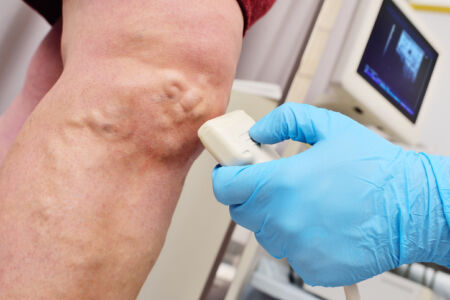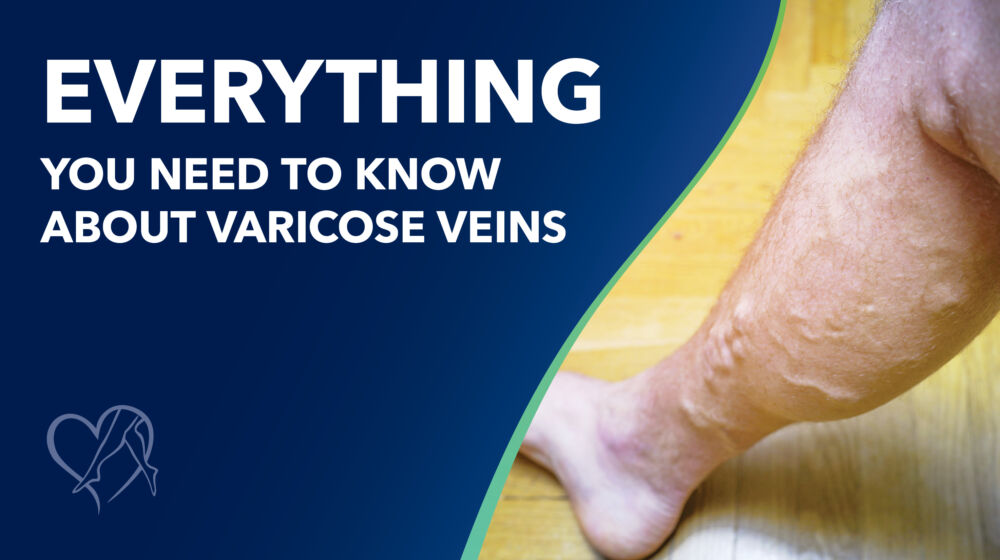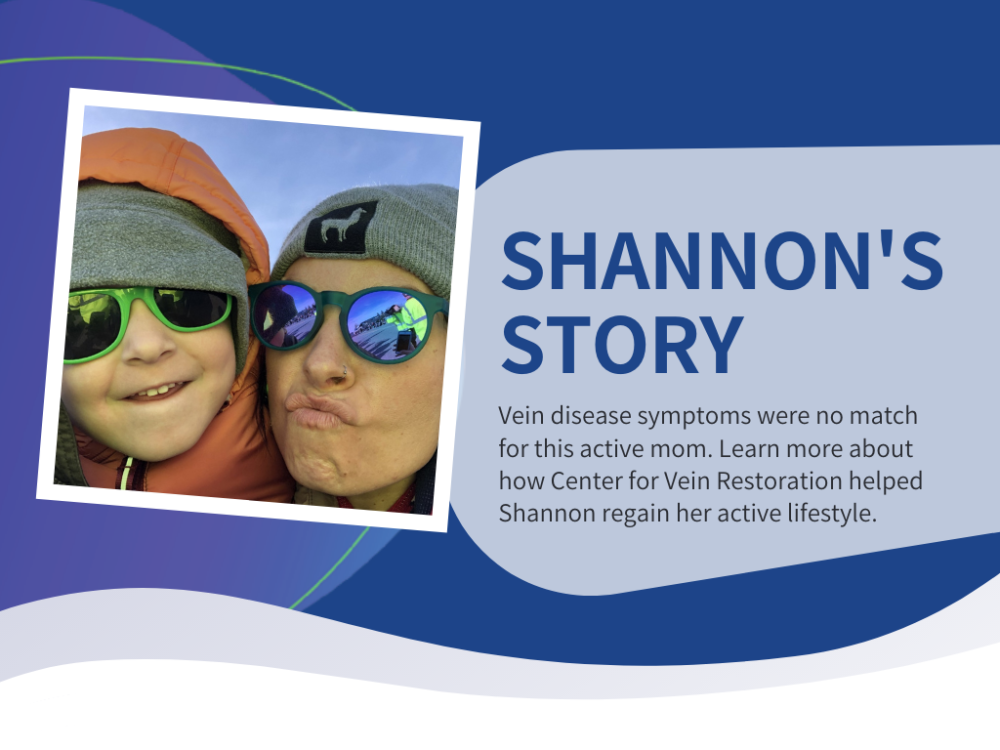Varicose veins are often visible, but not always. You should consult your doctor to receive an accurate diagnosis.
Common signs of varicose veins include twisting, protruding cords on the legs or feet. However, varicose veins don’t always exhibit visible symptoms if vein disease develops deeper within the leg muscles and tissues. Even so, you may still experience pain, swelling, and heaviness. To accurately diagnose varicose veins, you should consult your doctor to receive a thorough examination before undergoing any treatment.
Varicose veins are diagnosed through a variety of tests. Although a visual exam is part of the process, your doctor will confirm the diagnosis using tests that show a clearer picture of what is going on inside your veins.
How are varicose veins diagnosed?
A vascular specialist will review your symptoms and perform a physical exam to diagnose varicose veins. They may also use imaging tests to confirm their diagnosis of varicose veins. Duplex ultrasound and a venogram are two of the most common imaging tests for varicose veins.
Duplex Ultrasound. A non-invasive test called a duplex ultrasound would show how blood flows through your veins and the structure of your veins. As the doctor moves a small hand-held device called a transducer over the vein, sound waves will relay images to a monitor. The test is painless and should take no more than 30 minutes.
Venogram. During a venogram, the doctor will inject dye into the vein before taking an X-ray of your leg. The dye will show up on the X-ray, providing a more precise view of how blood is flowing in the vein.
While both of these imaging tests are useful in diagnosing varicose veins, they can also help rule out other medical conditions such as blood clots and blockage.
Treating varicose veins
Once diagnosed, varicose veins can be treated with a variety of conservative methods or minimally invasive procedures. Conservative treatments range from wearing compression stockings to elevating your legs for as little as 20 minutes a day.
Although at-home therapies can sometimes reduce the symptoms of varicose veins, surgery is the only proven way to effectively eliminate varicose veins. But don’t let that deter you! Modern technology has come a long way. Today’s varicose vein treatments can be completed as brief outpatient procedures requiring only local (if any!) anesthesia.
Sclerotherapy. During sclerotherapy, a small amount of a saline-based solution called a sclerosant is injected into the vein. The sclerosant scars and collapses the vein walls, allowing blood to divert to healthy veins. The affected vein eventually fades as it is reabsorbed into the body. Sclerotherapy is typically recommended for smaller varicose veins and spider veins.
Thermal ablation. Thermal ablation involves using heat to destroy the diseased vein. The vein specialist will insert a catheter into the vein. The catheter will emit heat from either a laser or radiofrequency waves, which seal the vein shut.
Ambulatory phlebectomy. Ambulatory phlebectomy is sometimes recommended for larger varicose veins. The vein specialist will extract the swollen vein through two tiny incisions. Scarring is minimal, and you’ll leave with just a bandaid.
VenaSeal. A newer innovation, VenaSeal doesn’t require the use of heat or sclerosant. Instead, the doctor will close the diseased vein with a proprietary medical adhesive. No anesthesia is needed.
ClariVein. A mechanochemical device, ClariVein involves combining a sclerosant and rotating wire tip to destroy the vein. The only sensation you may feel during the treatment is a slight pinching.
Time to treat your varicose veins
Center for Vein Restoration (CVR) operates a full-service vein treatment facility in Framingham, Massachusetts, led by Pamela Kim, MD, RPVI.
Dr. Kim is a board-certified vascular surgeon and is also certified in general surgery and vascular interpretation. With her expertise, she will guide you through the diagnosis and treatment process to help you erase your varicose veins forever. Contact Dr. Kim today!
463 Worcester Road Suite 205
Framingham, MA 01701
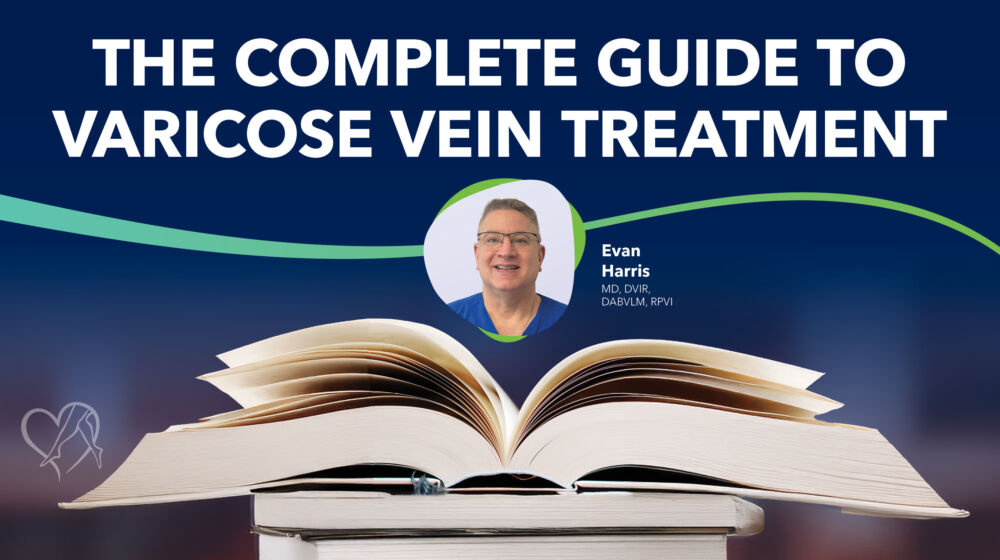
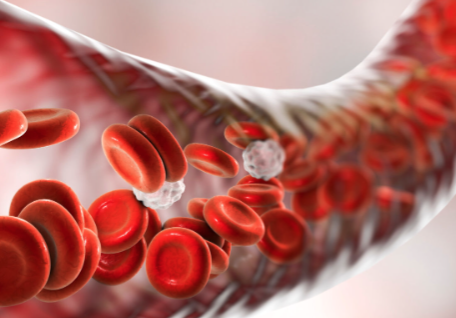 About Vein Disease
About Vein Disease
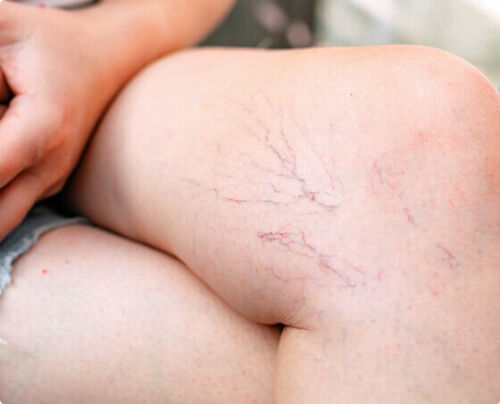 Spider Veins
Spider Veins
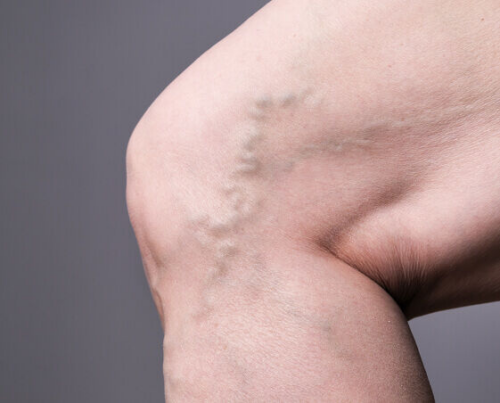 Varicose Veins
Varicose Veins
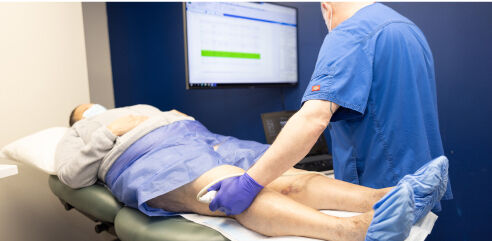 Vein Disease Treatments
Vein Disease Treatments
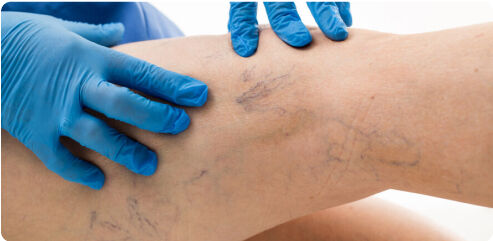 Treating Spider Veins
Treating Spider Veins
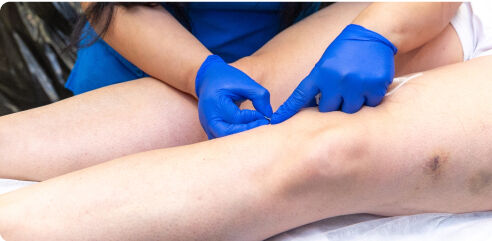 Treating Varicose Veins
Treating Varicose Veins
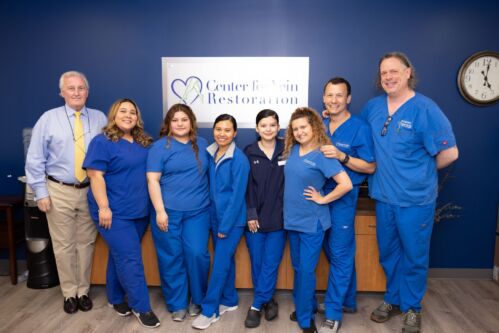 About Us
About Us
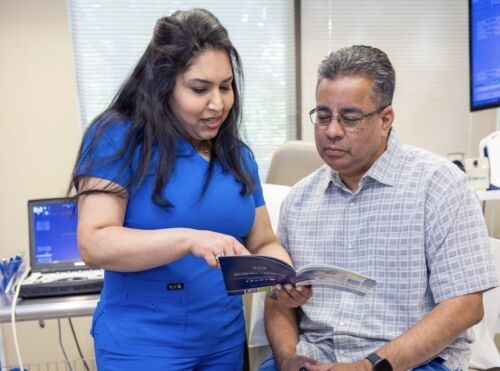 Patient Resources
Patient Resources
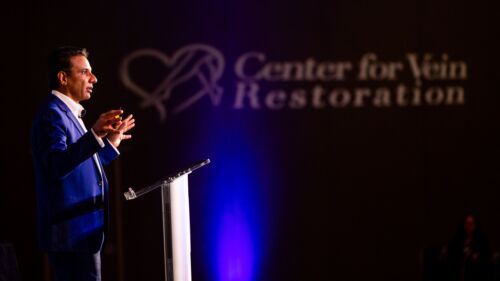 Physician Resources
Physician Resources
